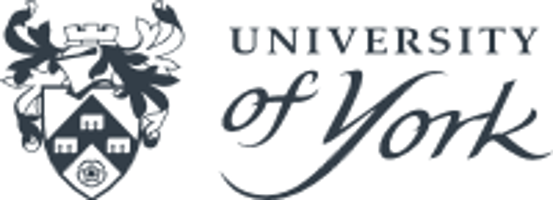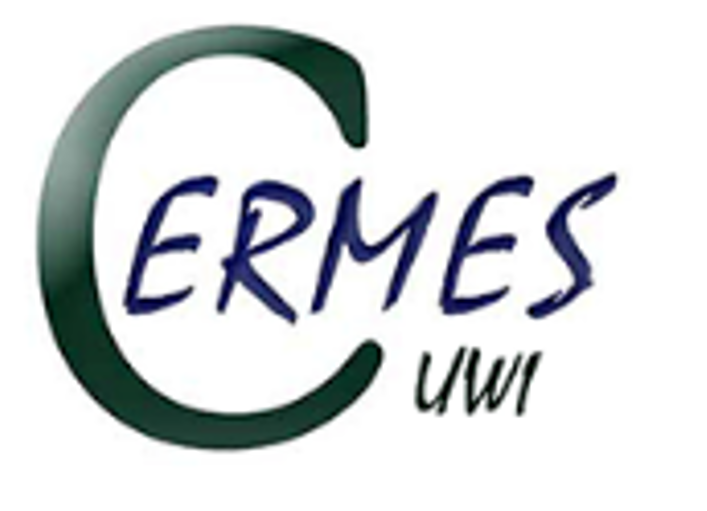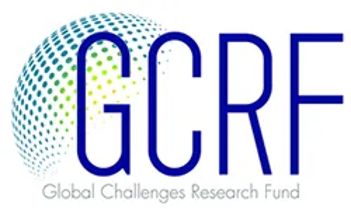Collaborative research activities between the University of Southampton and National Autonomous University of Mexico
This blog post is provided by Dr Victoria Dominguez Almela & Dr Sien van der Plank.
As part of the SARTRAC project, we recognize the significance of involving local communities in research efforts. To work toward this goal, we received an ESRC Impact Acceleration Account (2019-2023) grant to build youth-led citizen science expertise in Ghanaian coastal communities in 2022-2023. This exploratory project yielded novel data on sargassum in Ghana, West Africa, and is expanding our understanding of the region's coastal ecosystems.

Example of seaweed monitoring point installed in Sanzule, Ghana
Building on the success of the youth-led citizen science initiative in Ghana, the research team is extending this idea to Mexico. Funded by the UKRI Flexible Innovation Fund, we will be working in the coastal areas of Quintana Roo, Mexico, in September 2023 to in collaboration with Dr Christian Appendini (Institute of Engineering, UNAM) and Quintana Roo schools and communities. The objective of the research trip is to support the digital capacity in four coastal communities in Mexico (Puerto Morelos, Cozumel, Akumal and Xcalak) and involve schools in photo-based citizen science, to explore how these communities can be part of the monitoring and study of the nuisance seaweed “sargassum”.
The activities will involve:
- building static seaweed photography points (CoastSnap monitoring points) in four communities;
- talking to schools and community members about the importance of collecting evidence of the frequency and quantity of the seaweed arriving on beaches;
- distributing teaching material about sargassum and discussing the reason for using citizen science approaches for data collection; and,
- listening to school students and community members about their research questions and concerns about the sargassum seaweed.
This cross-continental endeavour exemplifies the power of collaboration, innovation, and community involvement in addressing environmental issues that transcend borders. Stay tuned for updates on this exciting field trip, where science, education, and community converge for a sustainable future.
The UKRI/Global Challenges Research Fund funded project on monitoring and management Sargassum seaweed in the Caribbean and West Africa: “TeleconnectedSARgassum risks across the Atlantic: building capacity for TRansformational Adaptation in the Caribbean and West Africa (SARTRAC)” is based at the University of Southampton, UK, in partnership with the University of the West Indies, the University of Ghana and York University. The SARTRAC project started in November 2019 and will end in February 2024. This research is funded by UKRI ES/T002964/1 (UK Research and Innovation).








